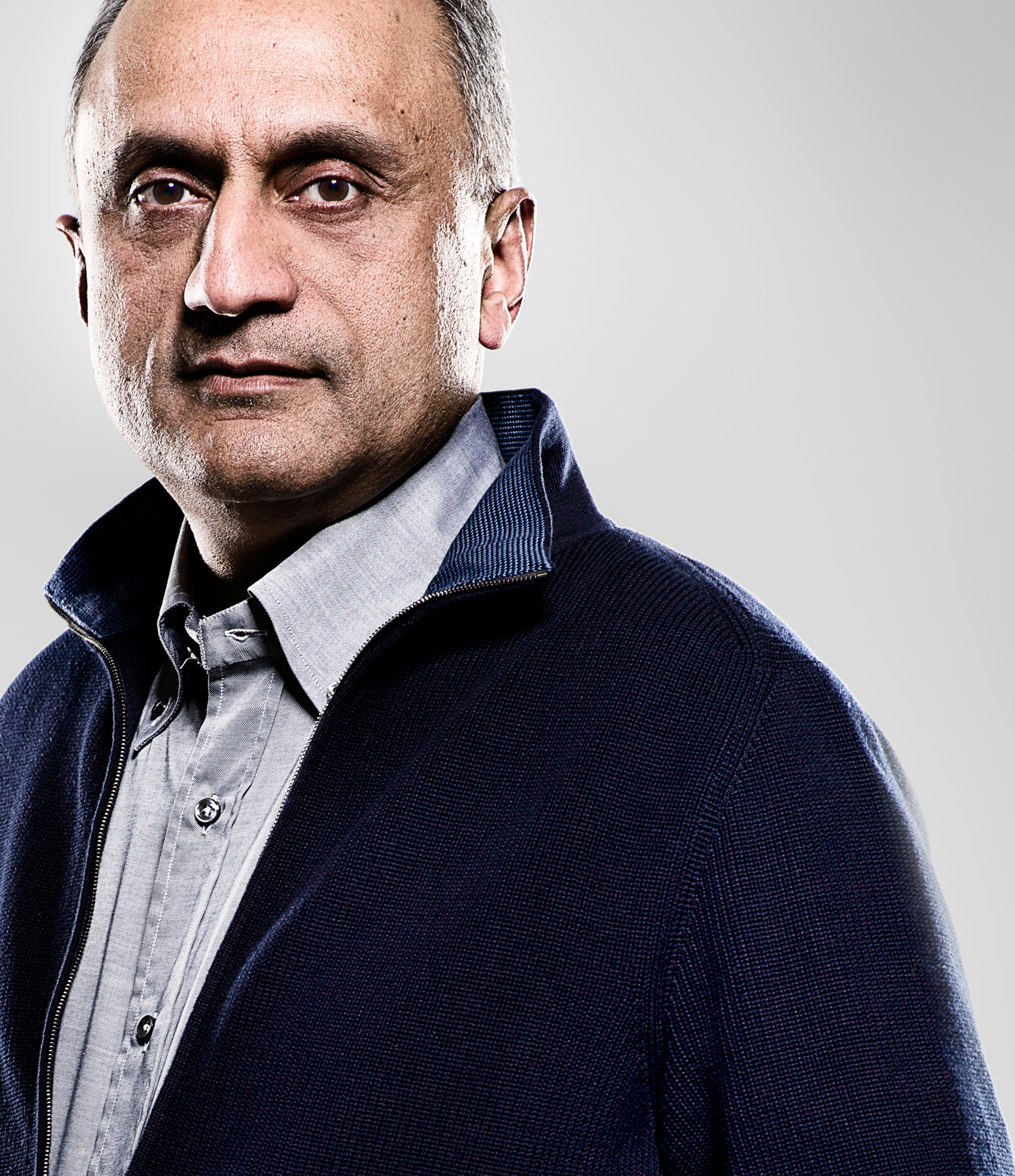
Manoj Bhargava, richest Indian in US commits 90% earnings to charity
NEW DELHI:
Manoj Bhargava, probably the wealthiest Indian in the US ahead of venture
capitalist Vinod Khosla, doesn't believe in governments and formal education and
was virtually unknown till about a month ago.
"I only had training in common sense," the 58-year-old Princeton University
dropout, who came into the limelight after debuting in the Forbes list of
billionnaires this year, told ET in an exclusive interview at Taj Mansingh hotel
in Delhi.
Meet the founder of '5-Hour Energy'-a 2-ounce energy drink in a red and yellow
bottle, which controls 90% of the US
energy-shot
market with
retail sales estimated at $1 billion. This in just eight years after
5-Hour's launch in 2003.
Ask him about his biggest challenge and Bhargava says, "The biggest challenge is
always the governments - they try to stop all good things. I try to stay away
from them as much as I can, as I know if someone can destroy something good,
it's the government!" He sounds like a rebel, but Bhargava is closer to a monk.
In fact, he says he spent 12 years of his life shuffling between monasteries in
India and learning to still his mind. He still spends an hour everyday in
contemplative silence.
And he is known for his frugal
lifestyle and
humble behaviour. Dressed in a simple kurta-pajama, Bhargava lives up to this
reputation.
He thinks businesses in India give too much importance to education and mostly
hire from top institutions. "It's like hiring theoretical plumbers! None of us
are too impressed by MBAs," he says.
Bhargava says he abides by Mark Twain's quote: "I never let my schooling get in
the way of my education."
He says 90% of what he earns will go into doing charity in India. "I have made a
lot of money in the West...(and) I do not believe in much of personal
consumption," he says. He has set up a non-profit organisation, Hans Foundation,
for charity work.
May spend Rs 5k crore on charity in 10 years
He says the foundation funded more than 400 charity projects including some big
ones like Kamala Nehru Memorial Hospital for cancer treatment to the poor.
"Next ten years we would probably
do about Rs 5,000 crore in charity," he says.
Yet, he plays tough in business. His privately-held firm Living Essentials,
which makes 5-Hour, is known to diligently sue every copycat brand trying to get
into the energy-shot market.
Living Essentials, which is owned by Innovation Ventures, another privately-held
company, does not report its financials, but media reports have estimated that
it grossed more than $600 million and netted some $300 million last year.
Born in Lucknow in 1953, Bhargava relocated to America in 1967 when his father
decided to pursue a PhD at Wharton. The family, which was well off in India, had
a tough time in the US. So Bhargava started doing odd jobs and businesses in his
teens. He excelled in mathematics and joined Princeton, only to quit after one
year when he decided to follow his 'own way' of education.
In 1974 he moved to India and spent most of the next 12 year in monasteries of
Hanslok ashram.
Bhargava returned to the US for good to help his father with his plastics
business. He bought several small, struggling outlets and turned them around,
before finally selling his Indiana PVC business to a private equity firm.
He got the idea for 5-Hour Energy at a natural products trade show where he
tried a 16-ounce drink that promised to enhance productivity. He found it
amazing and he made a mental note of its ingredients.
Six months later he came out with his own version-two ounces of caffeine and B
vitamins-because he did not want to compete with Red Bull and Monster and fight
for a space in the refrigerator. Despite its small size, Bhargava priced 5-Hour
at $3 a bottle, even though he was advised against it, and slowly convinced
retailers to stock it at their cash registers.
Bhargava says human nature plays a huge role in shaping one's business. So what
does he want to do next in business ? Bhargava says he has four ambitious
projects in the pipeline including a catalyst-based project to reduce diesel
consumption, reduction in desalination costs and a medical project.
And he believes his biggest advantage is his love for his job. "I go to office
and run like hell-running means I do stuff because I love doing it," says
Bhargava. "This is my basketball, football, my entertainment. I love it!"
This article appeared in The Ecconomic Times section of The Times of India -
April 10, 2012
|